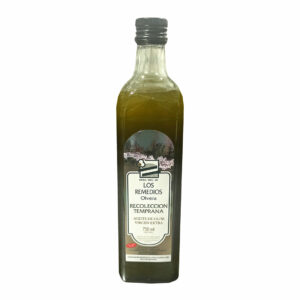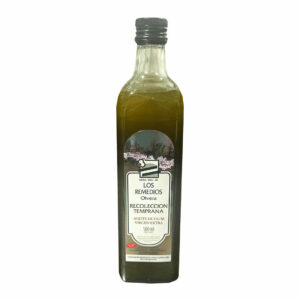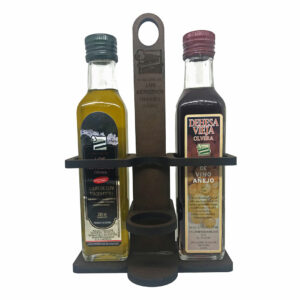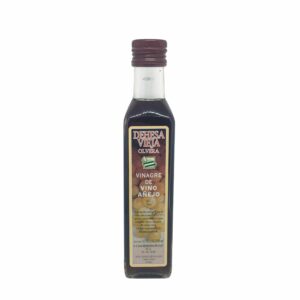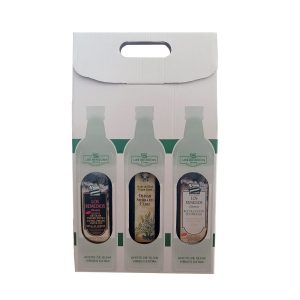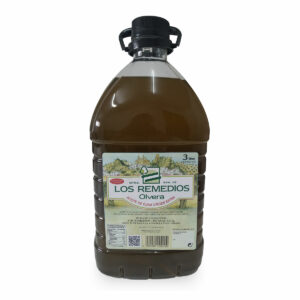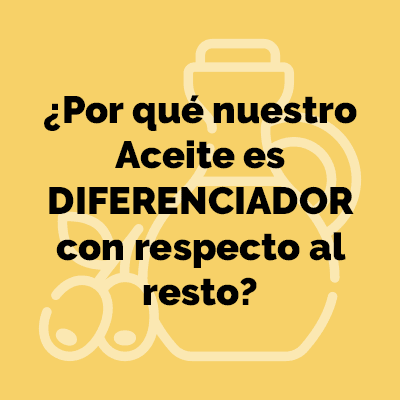THE ABUSE OF THIS MEDICINE CAUSES BACTERIA TO BECOME MORE RESISTANT
The use of antibiotics in livestock makes Spain lead Europe in meat production. Your abuse, Nevertheless, causes bacteria to become resistant to the point of being useless. These resistance to antibiotics that bacteria develop, they pass on to people's bacteria and make us sick and go to the hospital. When we get infected with super resistant bacteria, there is no hospital to cure us. Scientific studies say that in the year 2050 More people in Europe will die from antibiotic resistance than from cancer. We are facing a very serious public health problem.
As part of the Program to combat Antibiotic Resistance, an interesting conference was recently held at the Cooperative on the quality of water in farms, disinfection and the main biosecurity measures to prevent the entry of diseases into our farms.
Water is not only the main food for animals. It is also a vehicle of entry to many possible pathologies, especially for young animals and especially suckling piglets and kids with reconstituted milk.
In the water we are interested in a way
extraordinary two kinds of concepts: physico-chemical quality and microbiological quality. The first refers to the amount and type of salts that the water carries. This will depend on the geology of the land where it is born. According to the type of rock, will have some salts in more or less quantity. In our area we are concerned about calcium salts, sulfates, the salt itself. When they are in very high quantities, they make the water undrinkable. These waters very rich in salts can only be used with very expensive systems, impossible to pay in livestock, so the only viable option is to mix it with better waters to reduce its salt load.
Substances in solution also condition the pH of the water, a parameter that especially in pigs should be taken into the field of acidity, for two fundamental reasons: Facilitates the action of chlorine or other oxidants that we put in the water to kill most of the biological load, and also helps a better digestion of animals. The speakers told us that pig farms with good technical results "ALWAYS ACIDIFY THE WATER".
The microbiological load in the water is always present, Therefore, all waters for livestock use are considered contaminated or with a high risk of being contaminated.. That is why it is recommended to ALL BREEDERS, the use of at least chlorine in drinking water. A very interesting contribution of the talk was the concept of the Red-Ox potential of water. Until now, when on a farm we wanted to see if we were chlorinating the water well or not, we measured the free chlorine of the treated water, just like in the pools. This test on farms is not useful precisely because of the organic load and the salts in the water, and should be replaced by a new test that actually measures the Oxidizing capacity of the water, What does Chlorine provide?.
Another part of the talk was devoted to cleaning the farms. The steps to follow to achieve a good cleaning of the facilities were explained, based on the use of water with detergents. Especially interesting was the presentation of a foam producing machine, with which a demonstration of its use was made. It consists of mixing air produced in a compressor with the water and detergent-disinfectant mixed in the machine.. The detergent in the form of a foam is projected on the wall and acts during 10-20 minutes passed which can be cleared.

